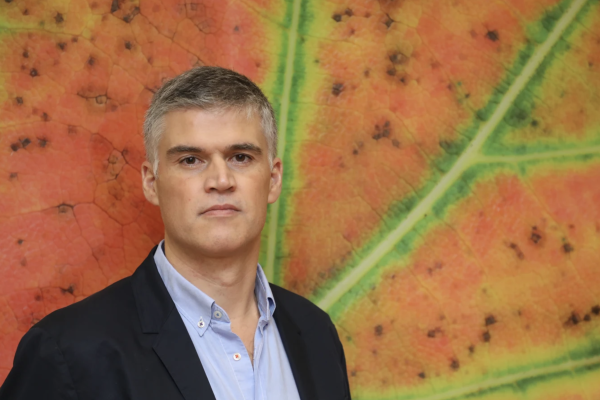
Dr. Jorge Sepulcre
Associate Professor of Radiology and Biomedical Imaging, Yale School of Medicine
His lab is focused on developing innovative neuroimaging-connectomic methods to unravel the complexities of the human brain and dementia, particularly Alzheimer’s disease (AD). After earning his MD and PhD in Spain, he joined the Center for Brain Science at Harvard University, and later, in 2012, Harvard Medical School, where he served as an Assistant and Associate Professor of Radiology until 2024. Dr. Sepulcre has built a research program centered on brain connectomics in neurodegenerative diseases, pioneering the application of graph theory network methodologies in PET and MRI neuroimaging. His lab has made contributions to understanding the human brain’s organization, including the discovery of new connectivity properties—such as local and distant brain connectivity (PLoS Comput Biol, 2010) and the multisensory integration network of functional streams in the cerebral cortex (J Neurosci, 2012). More recently, the lab has developed novel approaches to track tau and amyloid-beta spreading and to integrate neuroimaging-genetics data (Nature Medicine, 2018; Science Translational Medicine, 2022; Nature Communications, 2024).
Title: Connectomic-Genetic Signatures of Human Brain Neurodegeneration
Abstract: Brain disorders are frequently linked to disrupted or atypical connectivity. However, our ability to decode these aberrant connectomic patterns and relate them to interpretable biological mechanisms remains limited. To address this gap, our lab has developed connectomic-genetic methodologies that have provided exciting new insights into the underlying features of neurodegenerative diseases, including Alzheimer’s disease, vascular dementia, and Parkinson’s disease.
